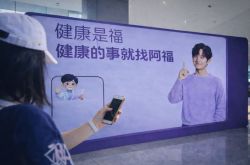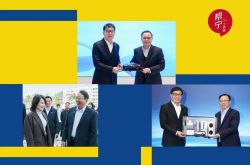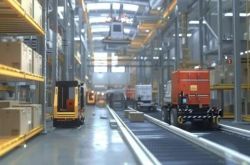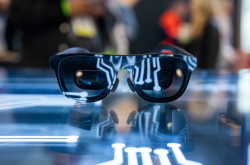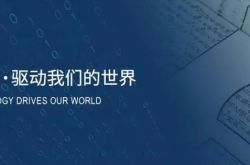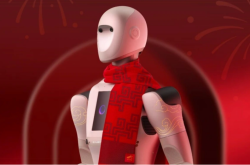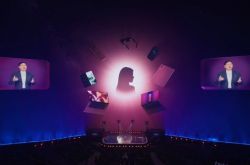Two fatal weaknesses! Lixiang Auto will handle the crisis itself, creating another crisis
![]() 06/07 2024
06/07 2024
![]() 732
732
The downward momentum of Lixiang Auto's stock price has not stopped, and the Hong Kong stock price fell below HK$76 today, with a drop of over 3%. The stock price has fallen nearly 60% from its high point three months ago.
Surprisingly, the latest sales data is the opposite. Lixiang Auto's sales seem to be doing well. The data released yesterday showed that Lixiang Auto sold 8,400 vehicles in the past week, ranking first among new forces.
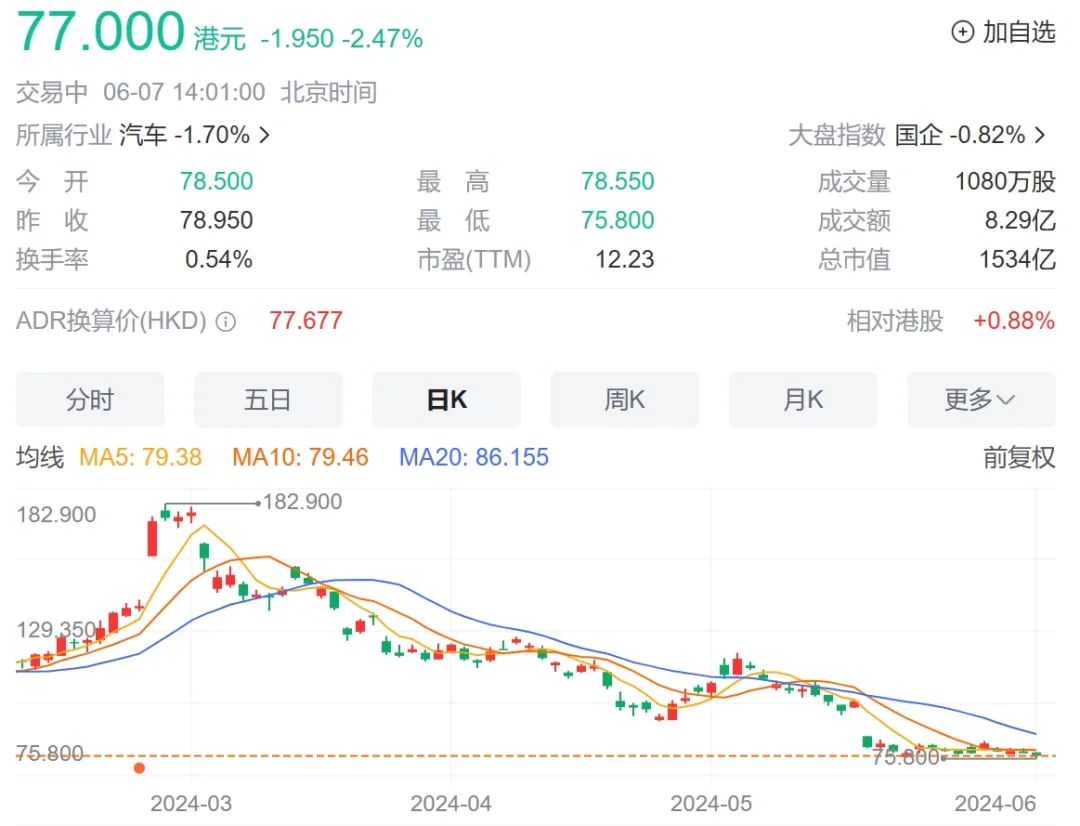
The reason for the reverse movement of stock price and sales is that the capital market does not recognize Lixiang Auto's ability to overcome difficulties. Lixiang Auto's handling of the crisis itself has created another crisis.
Many details show that Lixiang Auto's response to the crisis is chaotic.
A few days ago, it was revealed online that Lixiang Auto wanted to recall the employees laid off two weeks ago. This move of laying off and recruiting employees shocked people. Shouldn't layoffs and hiring require careful consideration? It feels as casual as buying groceries at the market.
Perhaps Li Xiang may not resonate with this: Having a job or not is as heavy as Mount Tai for ordinary individuals and families.
How many people have spent sleepless nights due to layoffs. And Lixiang Auto treats it almost as a child's play. Because they view the issue from a capital perspective, whether an employee comes or goes is nothing more than a series of numbers in a report.
Therefore, under such a style, Lixiang Auto's expansion and layoffs are extremely casual. Last year, when sales were good, Lixiang Auto expanded rapidly by 16,000 people, an increase of over 60%. This year, when sales are not good, they laid off 5,800 people overnight, and there are even reports of more.
People's hearts are flesh and blood, and employees feel sad inside: When they are needed, they are called "sweetie," and when they are not needed, they are called "Mrs. Cow."
Last year, Li Xiang himself said that within three years, all craftsmen in Lixiang Auto factories would be able to achieve the same level of income and achievements as those in developed industrial countries such as Japan and Germany.
This year, it was a slap in the face: Not only did they fail to "catch up with Japan and Germany," but they even took away their jobs. With a stroke of a pen, they packed up and left. The bloody and cruel nature of capital can be seen.
Lixiang Auto has always presented itself to the outside world with strong capital characteristics, acting decisively but sometimes arbitrarily. Otherwise, how could a young Lixiang Auto become the automaker with the most layoffs overnight in China but not facing bankruptcy.
Saying that he is arbitrary is not unjust. He makes decisions today and regrets them tomorrow. Later, employees laid off from Lixiang's intelligent driving department said that this round of personnel adjustments had a significant impact on the internal R&D and testing departments, with development almost stagnating and testing relying solely on a small number of low-cost external teams for assistance.
With a slash of the axe, Lixiang Auto cannot even guarantee normal R&D. This is probably considered a famous scene of impulsive layoffs.
Soon, there was a ridiculous recall order for laid-off employees. Facing such a company, employees were hesitant and asked online: Should they go back, would they be able to recover the severance pay, or was it a trick.
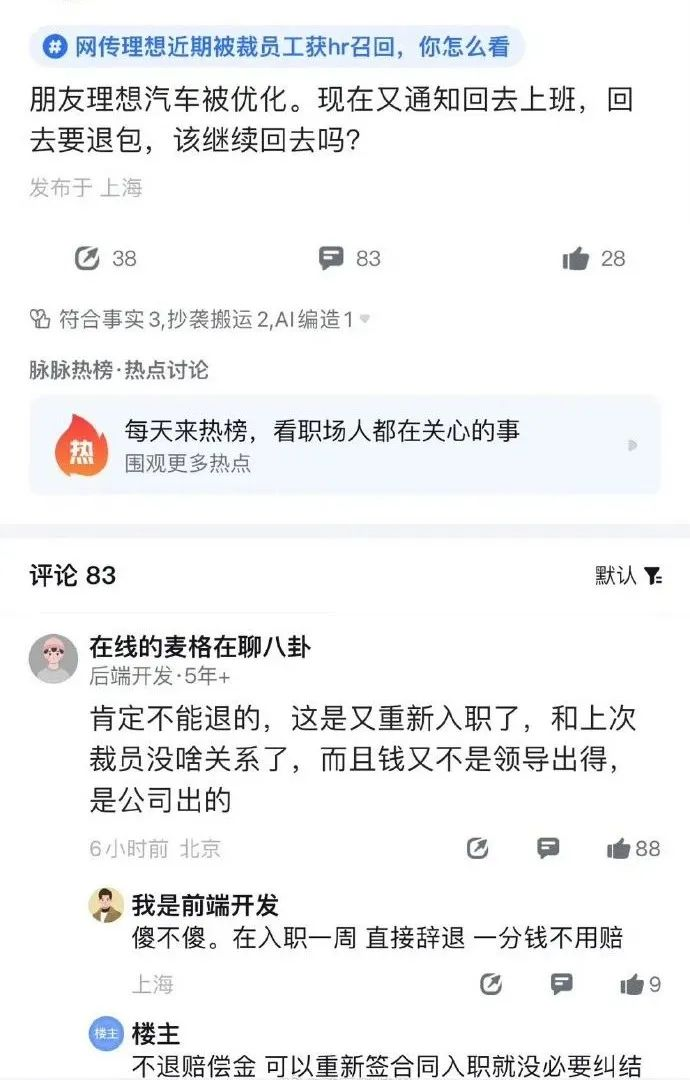
Lixiang Auto's one-size-fits-all layoffs also reflect another sign of the company: it does not attach much importance to technology and R&D.
Automakers that value technological R&D know that R&D capabilities determine the future of an automaker. Therefore, even when layoffs are necessary, R&D, especially core R&D departments, is often the last to be affected.
However, Lixiang Auto's approach is to directly cut off multiple intelligent R&D departments and hesitate to lay off key positions in other departments.
This may be related to the style formed by Lixiang Auto. Technology is not important. What matters is selling it. Lixiang's models are known as "big sofas with refrigerators and TVs," and they rarely have impressive technology. The technology content of the extended-range model itself is not high.
In Lixiang's value judgment, there may not be the words "forward-looking technology" at all.
But this behavior pattern was successful last year, and Li Xiang believes that it is a reward from cognitive height and the core competitiveness of Lixiang Auto.
Lixiang Auto uses the saved technology development costs and the relatively low cost of the extended-range route to create a large body and luxurious interior, capturing women and children in a family and gaining purchasing decision-making power.
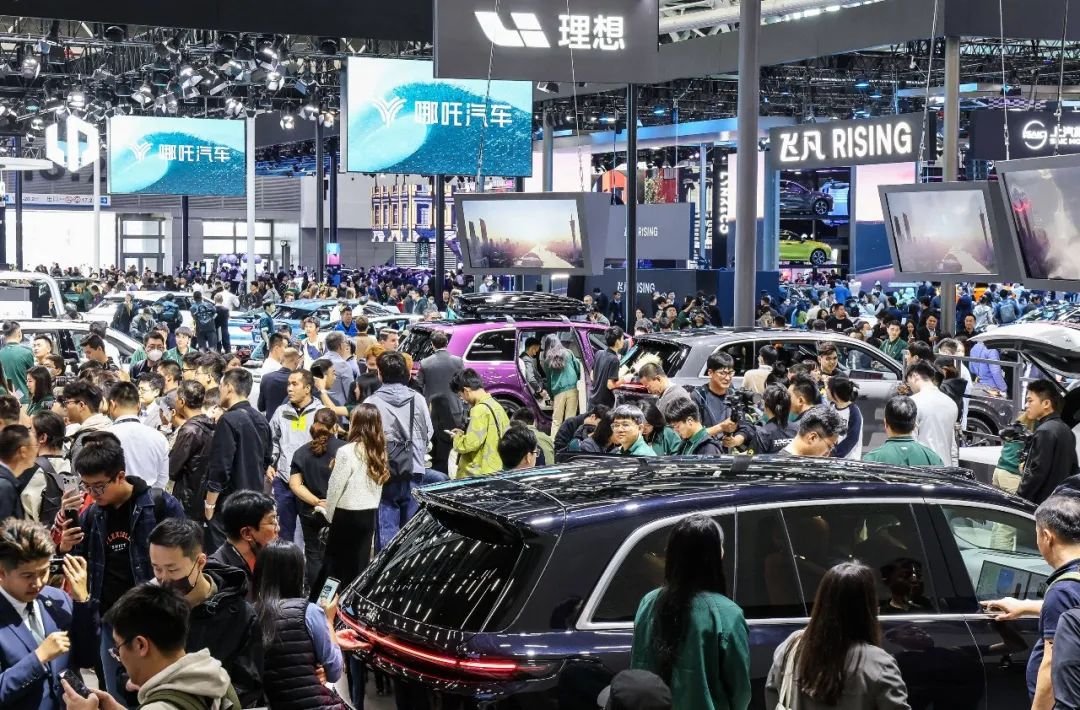
Exactly during this stage, many consumers did not understand new energy vehicle technology, let alone women and children. It's so easy to please women and children.
It was also last year that Lixiang Auto received a large number of orders. Essentially, Lixiang Auto's success is not due to technology but to the successful development of a new category. This new category is very clever and understands market psychology well.
It has to be said that Lixiang is smart, but there is a bit of a trickiness to it. This competitiveness may not constitute a long-term, core competitiveness.
Through the two cost-saving models mentioned earlier, Lixiang Auto maintains extremely high gross profit margins, coupled with rapid scale growth, creating much higher profits than other automakers. Therefore, Lixiang Auto made a fortune last year.
So, essentially, Lixiang Auto is not a technology-oriented automaker but one that is good at analyzing consumer psychology in the market.
This explains why Lixiang Auto treats R&D talent like buying groceries at a market, without cherishing them; and why, even with a rebound in sales, it is still not favored by capital and its stock price continues to fall.

